
The Enchanting Wilderness of Arrábida Natural Park
Arrábida Natural Park, located in the Setúbal District of Portugal, is a stunning mosaic of natural beauty. Known for its dramatic limestone cliffs, lush forests, and pristine beaches, the park offers a serene escape for nature lovers. It spans over 108 square kilometers and is a haven for outdoor activities like hiking, bird watching, and snorkeling. The park is also rich in biodiversity, home to rare plants and animals that thrive in its unique microclimate. Visitors to Arrábida Natural Park can explore its well-marked trails that meander through dense woodlands and offer spectacular views of the Atlantic Ocean. The park's beaches, such as Praia dos Coelhos and Praia de Galápos, are perfect for a relaxing day by the sea. The crystal-clear waters are ideal for swimming and exploring the underwater world. Additionally, the park's historical sites, including the Convent of Our Lady of Arrábida, provide a glimpse into the region's cultural heritage. The natural park is also a food lover's paradise. The surrounding area is known for its delicious seafood and local wines, particularly the famous Moscatel de Setúbal. Visitors can enjoy a meal at one of the many traditional restaurants offering fresh, locally sourced ingredients. Whether you are seeking adventure, relaxation, or a taste of authentic Portuguese culture, Arrábida Natural Park is a must-visit destination.
Local tips in Arrábida Natural Park
- Visit during the spring or early autumn to avoid the summer crowds and enjoy milder weather.
- Wear comfortable hiking shoes as some trails can be steep and rocky.
- Pack a picnic and plenty of water, as amenities within the park are limited.
- Check local tide schedules if you plan to visit the beaches, as high tides can affect accessibility.
- Consider hiring a local guide to enhance your experience and learn more about the park's flora and fauna.
The Enchanting Wilderness of Arrábida Natural Park
Arrábida Natural Park, located in the Setúbal District of Portugal, is a stunning mosaic of natural beauty. Known for its dramatic limestone cliffs, lush forests, and pristine beaches, the park offers a serene escape for nature lovers. It spans over 108 square kilometers and is a haven for outdoor activities like hiking, bird watching, and snorkeling. The park is also rich in biodiversity, home to rare plants and animals that thrive in its unique microclimate. Visitors to Arrábida Natural Park can explore its well-marked trails that meander through dense woodlands and offer spectacular views of the Atlantic Ocean. The park's beaches, such as Praia dos Coelhos and Praia de Galápos, are perfect for a relaxing day by the sea. The crystal-clear waters are ideal for swimming and exploring the underwater world. Additionally, the park's historical sites, including the Convent of Our Lady of Arrábida, provide a glimpse into the region's cultural heritage. The natural park is also a food lover's paradise. The surrounding area is known for its delicious seafood and local wines, particularly the famous Moscatel de Setúbal. Visitors can enjoy a meal at one of the many traditional restaurants offering fresh, locally sourced ingredients. Whether you are seeking adventure, relaxation, or a taste of authentic Portuguese culture, Arrábida Natural Park is a must-visit destination.
When is the best time to go to Arrábida Natural Park?
Unmissable attractions to see
Feira Internacional de Lisboa
Experience the dynamic cultural events and exhibitions at Feira Internacional de Lisboa, the heart of Lisbon's convention scene.

Paisagem Protegida da Arriba Fóssil da Costa de Caparica
Explore the stunning Fossil Cliff Protected Landscape, a natural treasure on the Costa de Caparica, rich in biodiversity and breathtaking views.
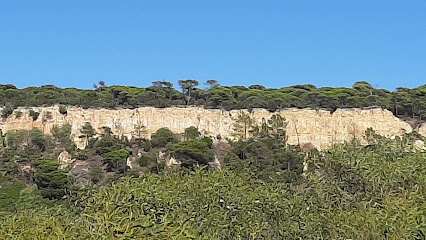
Parque dos Poetas
Discover the enchanting Parque dos Poetas in Oeiras, where nature meets literary inspiration in a serene setting perfect for relaxation and exploration.
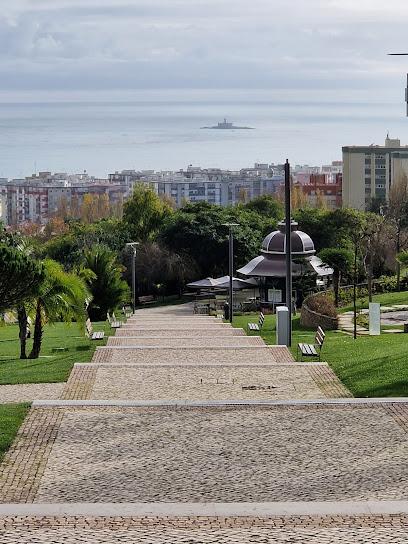
Castelo de Sesimbra
Explore the historic Castelo de Sesimbra, where breathtaking views and rich heritage combine in a stunning coastal setting.
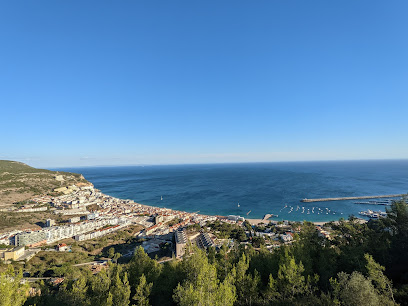
Lisbon Earthquake 1755
Discover the gripping history of the 1755 earthquake and its profound impact on Lisbon's cultural landscape at the Lisbon Earthquake Museum.
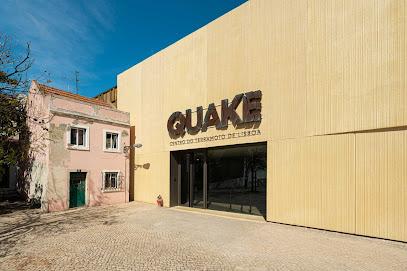
Tropical Botanical Garden
Explore the Tropical Botanical Garden in Lisbon, a serene escape showcasing exotic flora and tranquil landscapes in the heart of the city.
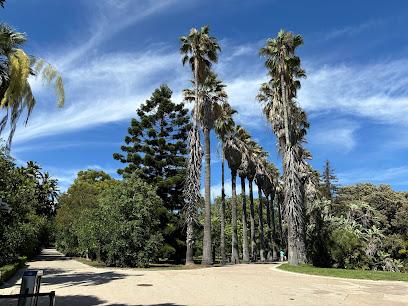
Telecabine Lisbon - North Station
Explore Lisbon's skyline from above at Telecabine Lisbon - North Station, offering breathtaking views and unforgettable experiences over the Tagus River.
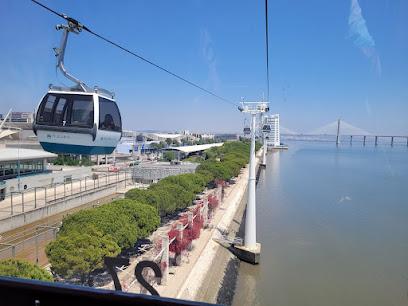
Casa da Baia de Setubal
Experience the charm of Setúbal at Casa da Baia, a cultural gem offering local cuisine, wines, and a gateway to the region's stunning attractions.
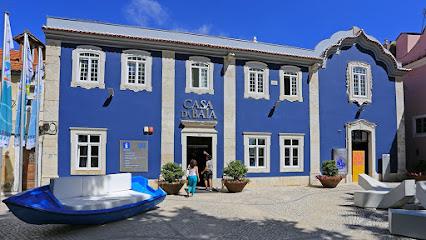
Garden of Afonso de Albuquerque
Explore the serene beauty of the Garden of Afonso de Albuquerque in Lisbon, a perfect escape into nature amidst the vibrant city.
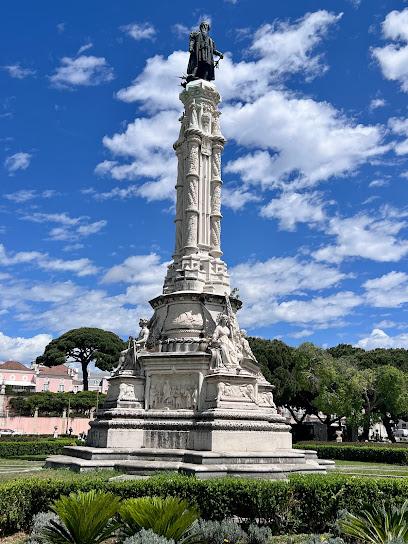
Mourisca Tide Mill
Experience the rich cultural heritage of Setúbal at the Mourisca Tide Mill, an ethnographic museum showcasing traditional salt extraction techniques.
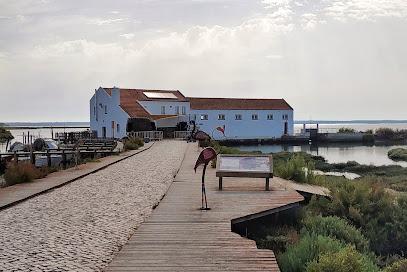
Vanicelos Park
Explore Vanicelos Park in Setúbal: A tranquil city park perfect for relaxation, nature walks, and enjoying local wildlife.
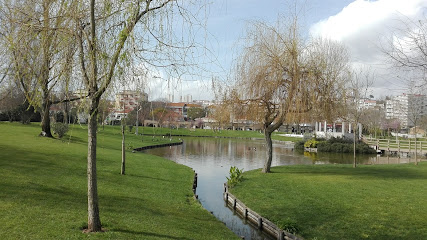
Parque Augusto Pólvora
Explore the serene beauty of Parque Augusto Pólvora, a tranquil urban park in Sesimbra, perfect for relaxation, picnics, and nature walks.
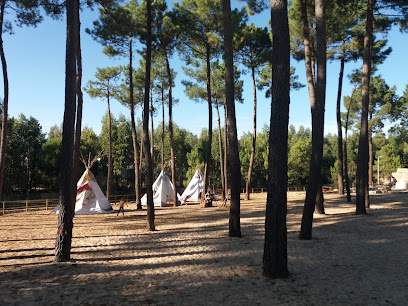
Miradouro da Penha de França
Discover stunning panoramic views of Lisbon at Miradouro da Penha de França, a captivating scenic spot perfect for all travelers.
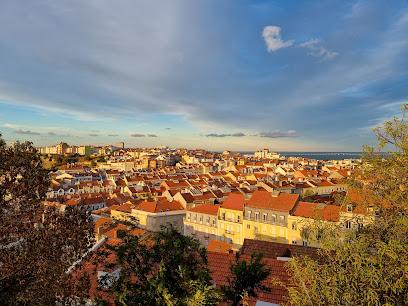
Sesimbra Beach
Experience the serene beauty of Sesimbra Beach, a coastal gem in Portugal, perfect for relaxation, adventure, and local culture.
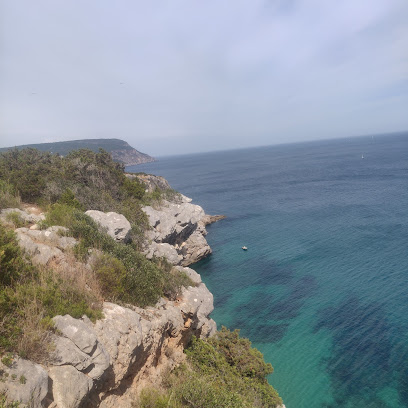
Praia da Foz
Experience the breathtaking beauty of Praia da Foz, where golden sands meet azure waters for an unforgettable beach getaway in Portugal.
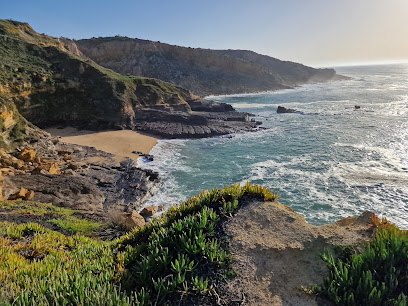
Essential places to dine
O Velho e o Mar
Discover exceptional seafood dining at O Velho e o Mar in Sesimbra, where culinary tradition meets stunning ocean views.
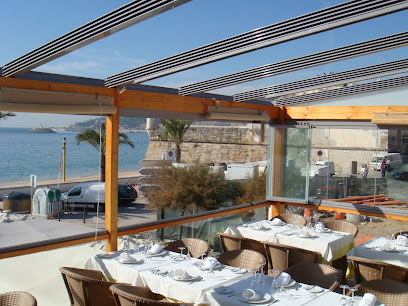
Casa Mateus
Discover authentic Portuguese flavors at Casa Mateus in Sesimbra - where culinary tradition meets coastal charm.
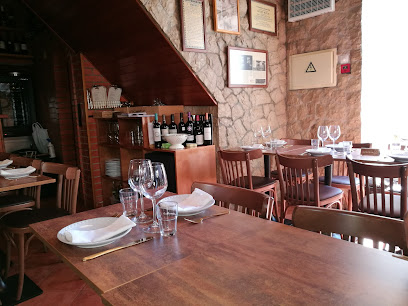
Taberna do Largo
Discover the rich flavors of Portugal at Taberna do Largo in Setúbal – where tradition meets taste.
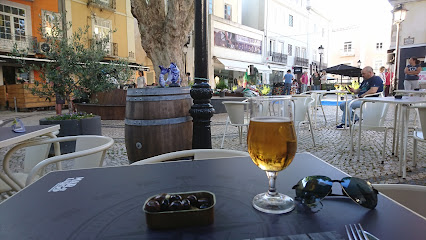
Portofino
Experience exquisite seafood and local flavors at Portofino in Sesimbra – a culinary gem by the sea.
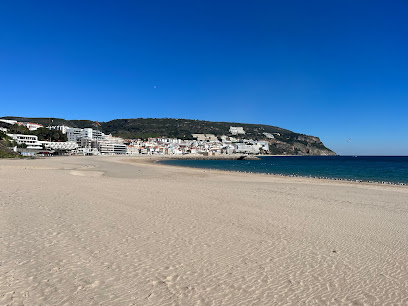
Taberna Típica O Pescador II
Experience authentic Portuguese seafood at Taberna Típica O Pescador II in Setúbal – where tradition meets flavor.
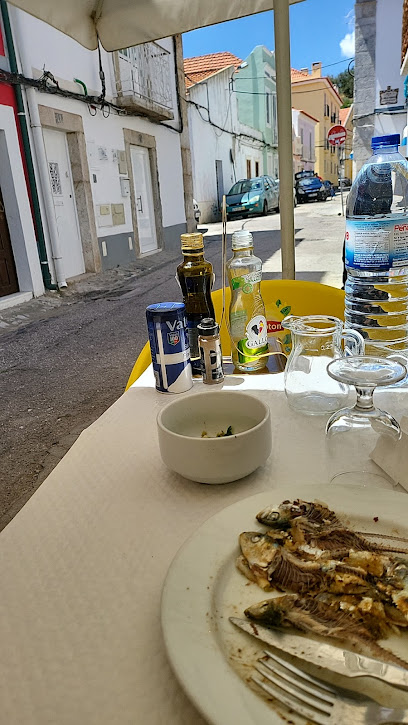
D'uportinho
Experience the flavors of Portugal at D'uportinho—where fresh seafood meets breathtaking coastal views in Portinho da Arrábida.
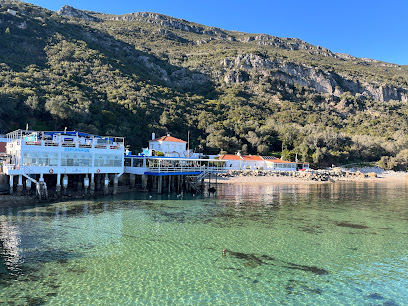
O Farol
Discover O Farol: A seaside restaurant in São Lourenço serving fresh local seafood and traditional Portuguese dishes with breathtaking views.
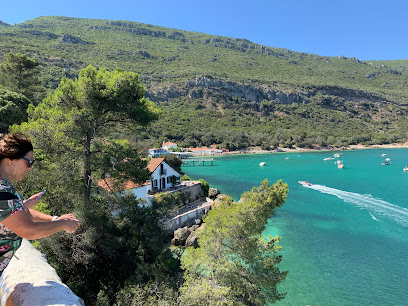
A Vela Branca
Experience exquisite local cuisine with stunning views at A Vela Branca in Setúbal's picturesque Parque Urbano de Albarquel.
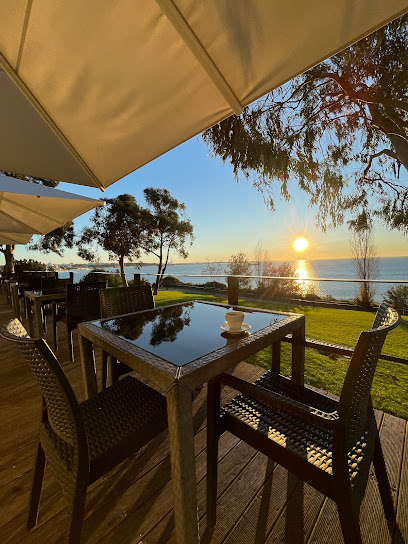
Charroco Restaurante
Discover fresh seafood delights at Charroco Restaurante in Setúbal - where every dish tells a story of Portugal's rich maritime heritage.
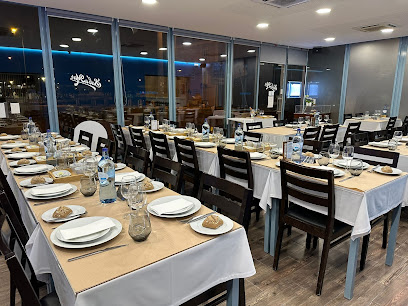
O Zagaia
Discover O Zagaia in Sesimbra for an authentic taste of Portuguese cuisine amidst charming coastal views.
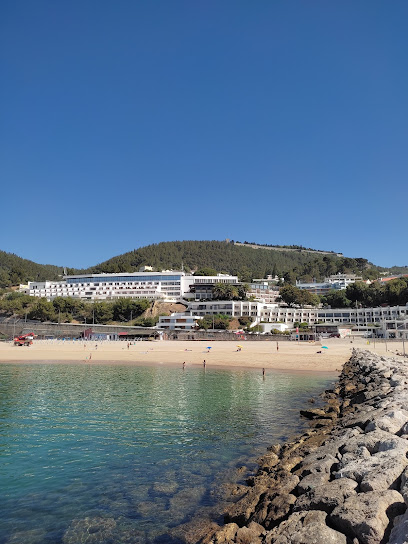
Forte de Santiago de Sesimbra
Discover history at Forte de Santiago de Sesimbra – a stunning fortress with breathtaking views and delicious Portuguese cuisine.
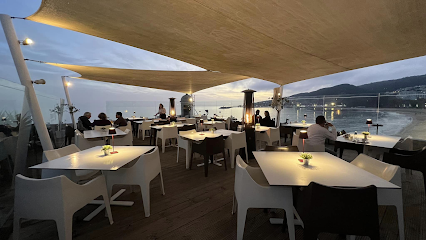
Cervejaria Mafalda
Discover family-friendly dining at Cervejaria Mafalda in São Lourenço—where delicious meals meet vibrant sports entertainment!
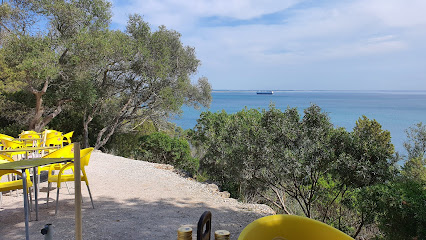
O Zeca
Experience authentic Portuguese flavors at O Zeca in São Lourenço – where tradition meets modern culinary artistry.
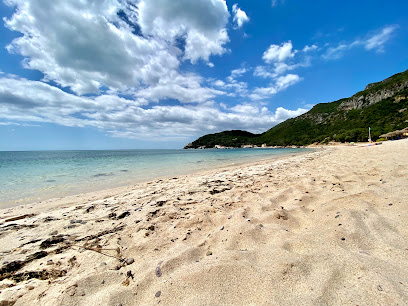
Ondagalapos
Discover authentic Portuguese cuisine at Ondagalapos while enjoying breathtaking views of Praia de Galapos in Serra da Arrábida.
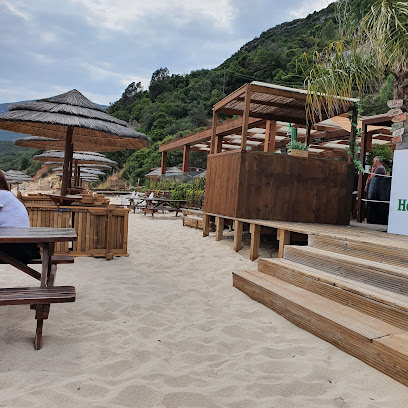
Restaurante Cantinho da Regina
Discover authentic Portuguese flavors at Restaurante Cantinho da Regina – a must-visit culinary destination in Sesimbra.
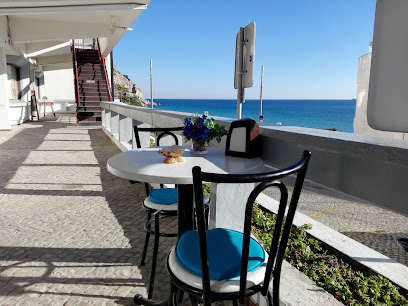
Markets, malls and hidden boutiques
Parque Natural da Arrábida
Explore the stunning landscapes and diverse wildlife of Parque Natural da Arrábida, a must-see national park on the Portuguese coast.

Alegro
Discover the vibrant shopping haven of Alegro Setúbal, where retail, dining, and entertainment converge for an unforgettable experience.

Liansini
Experience the best of local pastries and breakfast delights at Liansini, a must-visit destination for food lovers in the heart of Portugal.
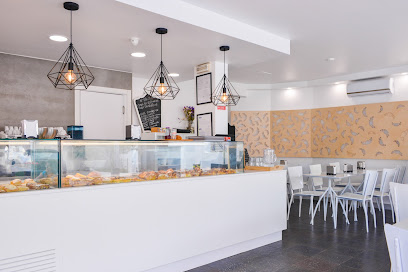
Segredos Da Terra Cotovia
Discover the sweet flavors of Portugal at Segredos Da Terra Cotovia, a charming pastry shop in Cotovia offering delightful and fresh pastries.
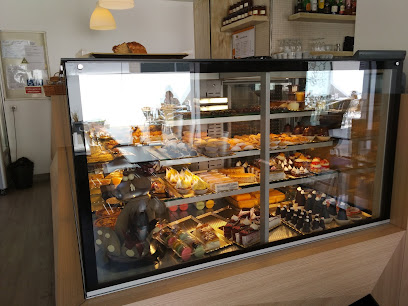
Decathlon Connect Sesimbra
Discover Decathlon Connect Sesimbra for all your outdoor gear, from beachwear to camping equipment, perfect for your next adventure in Portugal's stunning coast.

Casa do Campo Pastelaria
Discover the sweet flavors of Portugal at Casa do Campo Pastelaria, a pastry shop in Sesimbra offering a delightful array of traditional treats.
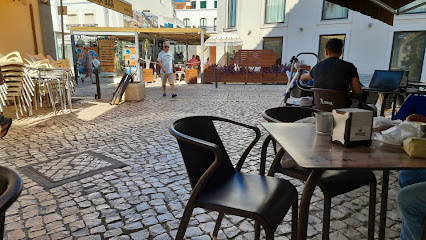
Mira Serra Supermarket
Explore the vibrant offerings of Mira Serra Supermarket, where fresh produce meets local flavors in a welcoming atmosphere.
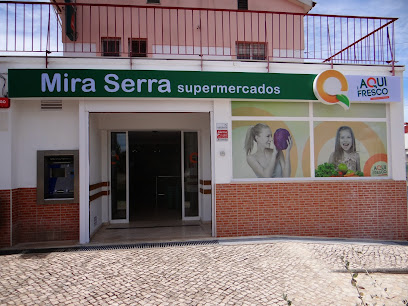
Universal Papelaria Tabacaria
Discover the charm of Universal Papelaria Tabacaria, your go-to stationery store in beautiful Sesimbra, Portugal, offering unique supplies and creative inspiration.
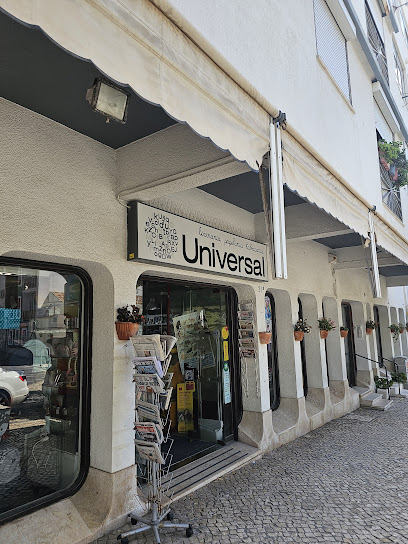
Zimbralar-comérc. De Têxteis Lda.
Explore Zimbralar in Santana for exquisite textiles, children's furniture, and unique home goods that reflect Portuguese craftsmanship.

Prendas e Artesanato / Papelaria & Acessórios- DecorArt Jac
Explore DecorArt Jac for a vibrant selection of handicrafts, art supplies, and unique accessories that capture the essence of Portuguese creativity.

Safari Surf
Discover the best surf gear and beachwear at Safari Surf in Sesimbra, Portugal's ultimate destination for surf enthusiasts and beach lovers.
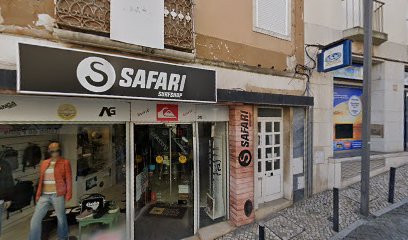
Papelaria Letras & Doces
Discover your artistic side at Papelaria Letras & Doces, a charming craft store in Cotovia, Portugal, featuring art supplies and delicious treats.
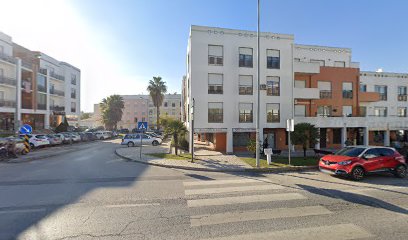
discoeuropa
Experience the essence of local tobacco culture at Discoeuropa, where quality meets tradition in a welcoming atmosphere.
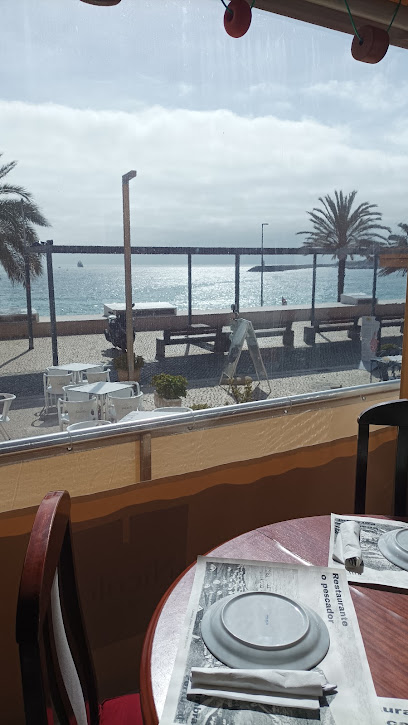
ASSUCENA
Shop unique clothing and charming home goods at Assucena, a delightful store in the scenic town of Sesimbra, Portugal.
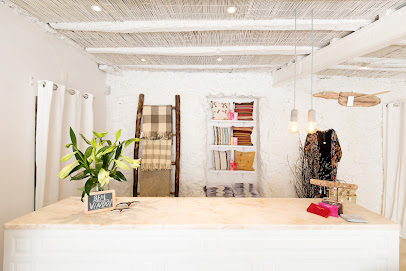
Cor de Lavanda
Discover Cor de Lavanda: Portugal's cherished baby store featuring exquisite fabrics, knitting supplies, and a haven for craft enthusiasts.
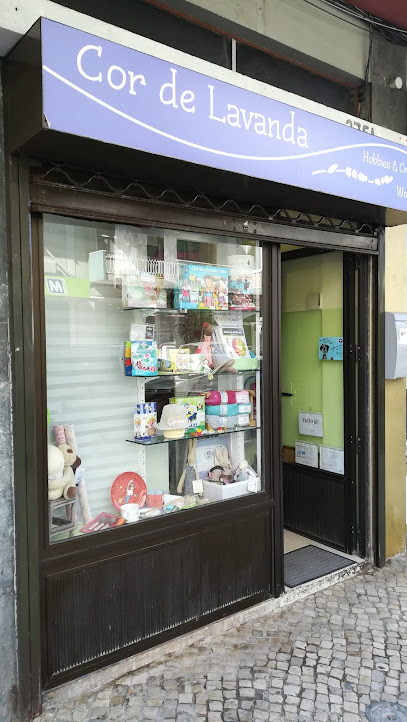
Essential bars & hidden hideouts
Bar Absurdo
Discover Bar Absurdo in Setúbal for a vibrant nightlife experience featuring local drinks, lively ambiance, and a welcoming atmosphere.
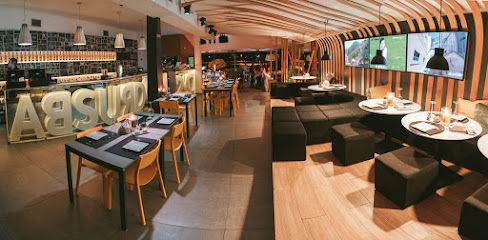
Cervejaria Mafalda
Experience the vibrant atmosphere of Cervejaria Mafalda in São Lourenço, where delicious food and sports entertainment come together for family-friendly fun.
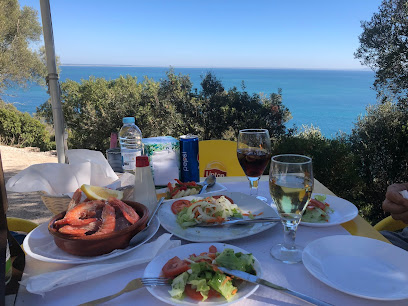
Onda Selvagem Bar
Discover Onda Selvagem Bar in Sesimbra - where vibrant cocktails meet health-conscious cuisine in a lively tropical setting.
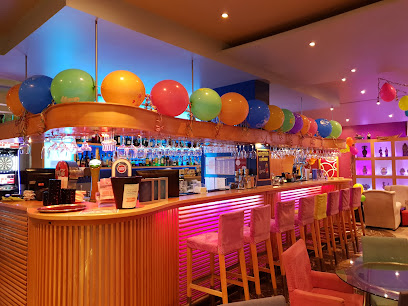
Gliese Restaurante Bar
Experience exquisite dining at Gliese Restaurante Bar in Sesimbra, blending delicious meals, cocktails, and fun-filled bowling for an unforgettable outing.
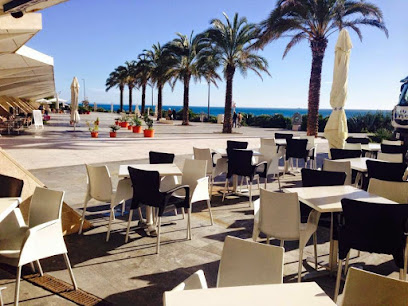
Bar Inglês
Discover the vibrant nightlife at Bar Inglês in Sesimbra, where stunning ocean views and delicious drinks await you.
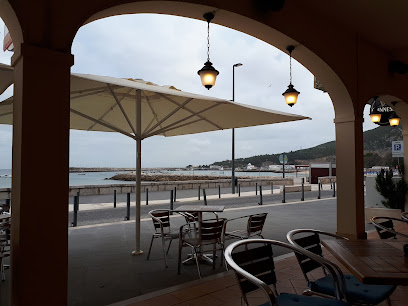
Rustik
Discover Rustik, a vibrant bar in Azeitão offering artisan cocktails, local wines, and a diverse menu in a cozy atmosphere perfect for socializing.
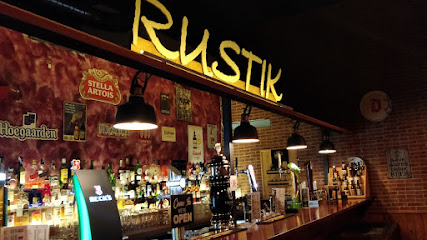
Juke Bar&Snack
Discover Juke Bar&Snack in Azeitão - a lively pub and tapas haven blending local flavors and a friendly atmosphere for the perfect dining experience.
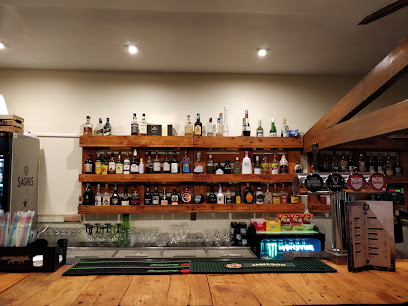
Contraste - Social Beach Club Sesimbra
Experience the vibrant atmosphere of Contraste - Social Beach Club in Sesimbra, where refreshing drinks and stunning views await you.
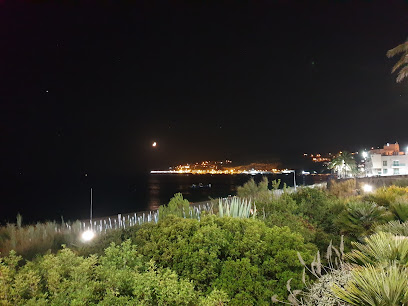
Fun Friends n’ Fandango
Experience the lively ambiance of Fun Friends n’ Fandango, a top bar in Sesimbra, offering exquisite drinks and a vibrant social atmosphere.
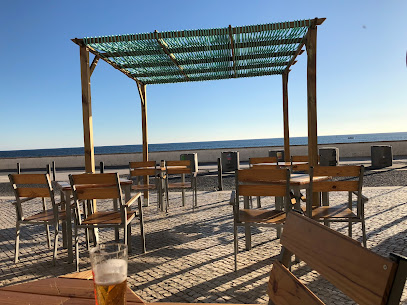
Mar&ante
Discover the vibrant atmosphere of Mar&ante, a fast-food gem in Sesimbra offering delicious bites, creative cocktails, and a unique cosplay experience.
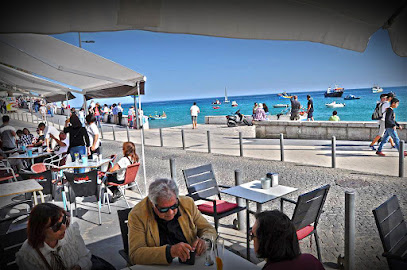
Vidal Food and Drinks
Experience the vibrant atmosphere and stunning views at Vidal Food and Drinks, your go-to bar in the heart of Sesimbra.
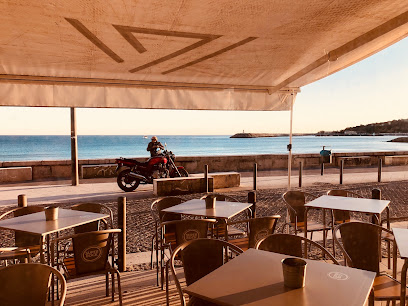
Adega dos Navegantes
Discover the rich flavors of Portuguese wines and exquisite cuisine at Adega dos Navegantes in picturesque Sesimbra.
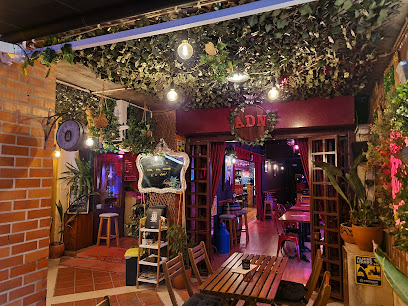
Cantina Bar Da Doca Pesca
Experience authentic Portuguese cuisine at Cantina Bar Da Doca Pesca, a top destination for seafood lovers and grill enthusiasts.
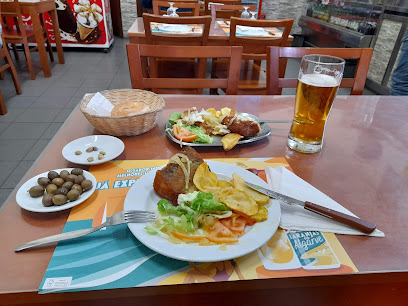
Old Pub Setúbal
Experience the lively ambiance and local flavors at Old Pub Setúbal, a must-visit destination for nightlife enthusiasts in Portugal.
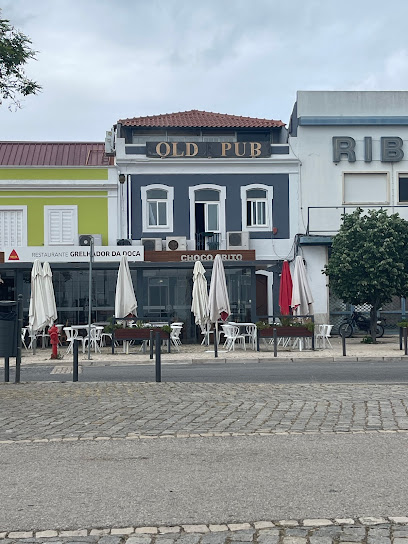
Local Phrases about Arrábida Natural Park
-
- HelloOlá
[oh-lah] - GoodbyeAdeus
[ah-deh-oos] - YesSim
[seem] - NoNão
[nah-oo] - Please/You're welcomePor favor/De nada
[por fah-vohr/deh nah-dah] - Thank youObrigado
[oh-bree-gah-doo] - Excuse me/SorryCom licença/Desculpa
[kohm lee-sehn-sah/deh-scool-pah] - How are you?Como está?
[koh-moo ehs-tah] - Fine. And you?Bem. E você?
[behn/eh voh-seh] - Do you speak English?Fala inglês?
[fah-lah een-glehsh] - I don't understandNão entendo
[nah-oo ehn-tehn-doo]
- HelloOlá
-
- I'd like to see the menu, pleaseGostaria de ver o menu, por favor
[goh-stah-ree-ah deh vehr oo meh-noo/por fah-vohr] - I don't eat meatNão como carne
[nah-oo koh-moo kahr-neh] - Cheers!Saúde!
[sow-deh] - I would like to pay, pleaseGostaria de pagar, por favor
[goh-stah-ree-ah deh pah-gahr/por fah-vohr]
- I'd like to see the menu, pleaseGostaria de ver o menu, por favor
-
- Help!Ajuda!
[ah-joo-dah] - Go away!Vai embora!
[vah-ee ehm-boh-rah] - Call the Police!Chame a Polícia!
[shah-meh ah poh-lee-see-ah] - Call a doctor!Chame um médico!
[shah-meh oom meh-dee-koo] - I'm lostEstou perdido
[ehs-toh pehr-dee-doo] - I'm illEstou doente
[ehs-toh doo-ehn-teh]
- Help!Ajuda!
-
- I'd like to buy...Gostaria de comprar...
[goh-stah-ree-ah deh kohm-prahr] - I'm just lookingEstou só a ver
[ehs-toh soh ah vehr] - How much is it?Quanto custa?
[kwan-toh koosh-tah] - That's too expensiveIsso é muito caro
[ee-soh eh moo-ee-toh kah-roo] - Can you lower the price?Pode baixar o preço?
[poh-deh bahy-shahr oo preh-soo]
- I'd like to buy...Gostaria de comprar...
-
- What time is it?Que horas são?
[keh oh-rahsh sah-oo] - It's one o'clockÉ uma hora
[eh oo-mah oh-rah] - Half past (10)Meia hora (10)
[meh-ee-ah oh-rah] - MorningManhã
[mah-nyah] - AfternoonTarde
[tahr-deh] - EveningNoite
[noy-teh] - YesterdayOntem
[ohn-tehm] - TodayHoje
[oh-zheh] - TomorrowAmanhã
[ah-mahn-nyah] - 1Um
[oom] - 2Dois
[doh-ees] - 3Três
[trehs] - 4Quatro
[kwah-troh] - 5Cinco
[seen-koh] - 6Seis
[saysh] - 7Sete
[seh-teh] - 8Oito
[oy-toh] - 9Nove
[noh-veh] - 10Dez
[dehsh]
- What time is it?Que horas são?
-
- Where's a/the...?Onde fica...?
[ohn-deh fee-kah] - What's the address?Qual é o endereço?
[kwahl eh oo ehn-deh-reh-soo] - Can you show me (on the map)?Pode mostrar-me (no mapa)?
[poh-deh moh-shtr meh/noo mah-pah] - When's the next (bus)?Quando é o próximo (autocarro)?
[kwan-doo eh oo proh-see-moo/ow-toh-kah-roo] - A ticket (to ....)Um bilhete (para ...)
[oom bee-lyeh-teh/pah-rah]
- Where's a/the...?Onde fica...?
History of Arrábida Natural Park
-
Arrábida Natural Park is rich in archaeological evidence that dates back to the Paleolithic era. Prehistoric caves, such as the Gruta da Figueira Brava, have revealed artifacts including tools and remains that speak to the early human presence in this region. These findings offer a glimpse into the lives of prehistoric communities who once made this rugged landscape their home.
-
The Roman era left its mark on the Arrábida region, with traces of settlements and infrastructure still visible today. The Romans valued the area for its strategic coastal location and fertile lands. Archaeological sites such as the Roman ruins in Creiro, near Portinho da Arrábida, provide insights into the Roman way of life, including their architectural and agricultural practices.
-
During the Middle Ages, the Arrábida region became a spiritual retreat for monks seeking solitude and a closer connection to nature. The most notable site from this period is the Convento da Arrábida, founded in the 16th century by the Franciscan Order. Nestled in the serene landscape of the park, this convent embodies the harmonious relationship between humans and the natural world, a theme that continues to resonate in the region's cultural heritage.
-
The coastal areas of Arrábida Natural Park have a long-standing maritime tradition. Fishing and seafaring have been integral parts of the local culture for centuries. The small fishing villages, such as Sesimbra, have preserved their unique maritime heritage, with traditional boats and techniques still in use today. This connection to the sea is also reflected in the local cuisine, which prominently features fresh seafood.
-
The Arrábida region is renowned for its wine production, particularly the Moscatel de Setúbal. The area's unique microclimate and fertile soils provide ideal conditions for viticulture. The history of wine production in this region dates back to Roman times, and it has continued to evolve through the centuries. Today, visitors can explore numerous vineyards and wineries, learning about the traditional and modern methods of wine-making that define the local industry.
-
Arrábida Natural Park was officially established in 1976, recognizing the need to protect its unique biodiversity and landscapes. The park covers approximately 108 square kilometers and includes a diverse range of habitats, from coastal cliffs to dense forests. Conservation efforts focus on preserving the natural beauty and ecological integrity of the area, ensuring that it remains a haven for wildlife and a place of natural wonder for future generations.
Arrábida Natural Park Essentials
-
Arrábida Natural Park is located in the Setúbal District of Portugal, approximately 40 kilometers south of Lisbon. The nearest major airport is Lisbon Portela Airport. From Lisbon, you can rent a car and drive to the park, which takes about 45 minutes via the A2 and N10 highways. Alternatively, you can take a train from Lisbon to Setúbal and then a taxi or bus to the park. Buses also run from Lisbon to Setúbal, offering an economical option for travelers.
-
Within Arrábida Natural Park, having a car is highly recommended for convenience, as public transportation options are limited. If you prefer not to drive, taxis and private tour services are available. For those who enjoy cycling, renting a bike is a great way to explore the park's scenic trails. Walking and hiking are also popular, with numerous well-marked trails suitable for all fitness levels.
-
The official currency in Portugal is the Euro (EUR). Credit and debit cards are widely accepted in most hotels, restaurants, and shops in and around Arrábida Natural Park. However, it's advisable to carry some cash, particularly for smaller establishments and local markets. ATMs are available in nearby towns such as Setúbal and Azeitão.
-
Arrábida Natural Park is generally a safe destination for tourists. However, as with any travel location, it's important to take standard precautions. Avoid leaving valuables in your car and keep an eye on your belongings, especially in crowded areas. While the park itself is safe, it's best to avoid isolated areas at night. There are no specific high-crime areas targeting tourists in the park or nearby towns.
-
In case of emergency, dial 112, the European emergency number, which connects you to police, fire, and medical services. The nearest hospital is Hospital de São Bernardo in Setúbal, which is well-equipped to handle medical emergencies. For minor health issues, pharmacies are available in Setúbal and Azeitão. It's advisable to have travel insurance that covers medical emergencies.
-
Fashion: Do wear comfortable clothing and sturdy shoes suitable for hiking. In summer, bring sun protection (hat, sunscreen). Avoid overly revealing clothing. Religion: Do respect local customs when visiting religious sites, such as the Convent of Our Lady of Arrábida. Public Transport: Do be punctual when using public transport. Don't eat or drink on buses. Greetings: Do greet people with a friendly 'Olá' or 'Bom dia' (Good day). Eating & Drinking: Do try local wines and seafood. Don't refuse food or drink offerings, as it may be considered impolite.
-
To experience Arrábida Natural Park like a local, visit the local markets and wineries in Azeitão, where you can sample regional specialties like Azeitão cheese and Moscatel wine. Engage with locals, who are often friendly and willing to share insights about the area. Don't miss the stunning Praia dos Coelhos and Praia de Galápos beaches for a more secluded experience. For an adventurous twist, try kayaking or stand-up paddleboarding along the coast.
Nearby Cities to Arrábida Natural Park
-
Things To Do in Lisbon
-
Things To Do in Cascais
-
Things To Do in Sintra
-
Things To Do in Évora
-
Things To Do in Caldas da Rainha
-
Things To Do in Viseu
-
Things To Do in Tomar
-
Things To Do in Badajoz
-
Things To Do in Faro
-
Things To Do in Coimbra
-
Things To Do in Huelva
-
Things To Do in Aveiro
-
Things To Do in Seville
-
Things To Do in Porto
-
Things To Do in Lamego












